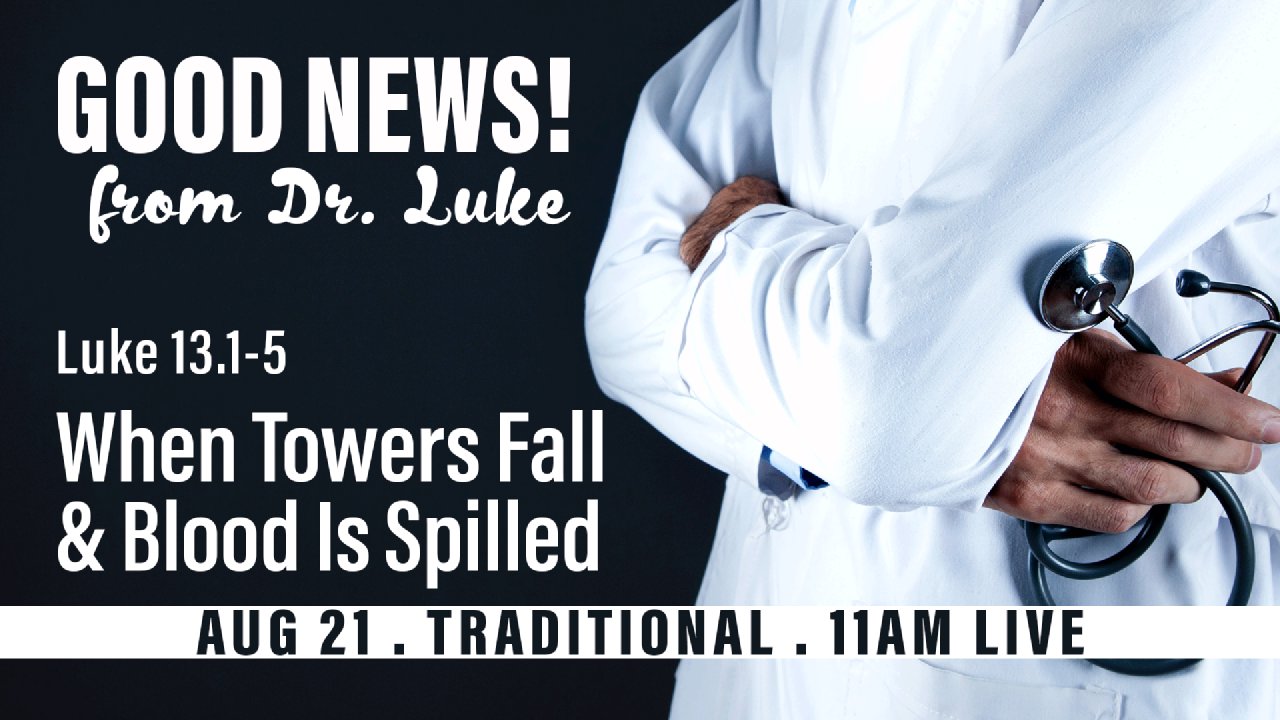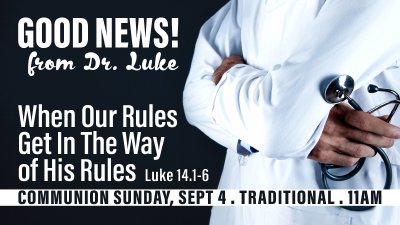There may be no greater question people have about Christian faith, no bigger problem they have to believing in God, than that raised by the passage this morning, “why do bad things happen?” More specifically, if God exists, and if God cares about us, and if God has the power to prevent bad things, why doesn’t He? It’s understandable when bad things happen to people who are evil, mean, abusive, vile. They deserve what they get. But why do bad things happen to decent and good people, people I care about, to me?
This is a tough question, an important question, one that should not be dismissed or ignored. If we take those we meet seriously, we need to take this question seriously too. Let’s admit right off that there is no easy, simple, obvious, answer.
Christian faith affirms that 1) God absolutely loves us (the Bible is full of this assurance, and full of examples of this too), 2) God has absolute power and control (the Bible asserts this truth from the first page to the last), 3) bad things happen (the Bible is brutally honest about this … ask Job, ask David, ask Joseph, ask Hannah or Mary).
So, what do we do? How should we respond to this real and difficult question?
Let’s begin by seeing how Jesus responded when informed of the tragic deaths of those who had been sacrificing to God (Pilate killed them). Jesus added to that the unfortunate deaths of those who had a tower fall on them. He addressed the question of why bad things happen, but not in a way that would satisfy many. He didn’t pretend bad things don’t happen. He didn’t offer three simple reasons why bad things happen. He didn’t because the problem is complex, and the answer is too. Ultimately the only answer that holds up is Jesus Himself.
And so, we continue to live with the tension. We proclaim the goodness and power of God, and we live with trouble and pain. In the face of horrible things that happen, we point to, keep our focus on, hold on to, Jesus.

When Towers Fall & Blood Is Spilled (11AM)
August 21, 2022 • Curt McFarland • Luke 13:1–5
More from
Good News From Dr Luke, Part 2







